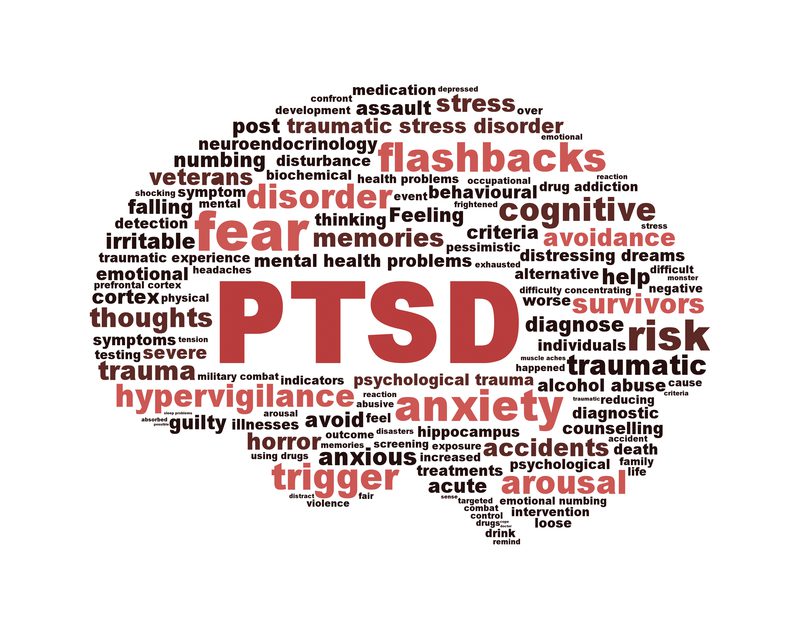
Exploring the Benefits of TMS and Psychotherapy in Toronto
Depression is a multifaceted condition that often requires a comprehensive approach to treatment. In Toronto, a city known for its progressive medical landscape, a particular combination of treatments is gaining attention for its effectiveness in treating depression: Transcranial Magnetic Stimulation (TMS) used in conjunction with psychotherapy. Through the lens of clinical studies and patient experiences, this discussion will shed light on the integrated approach of TMS and psychotherapy, highlighting the ways in which they can work in concert to enhance treatment outcomes for individuals battling depression.
The Emergence of TMS in Treating Depression
TMS is a non-invasive procedure that uses magnetic fields to stimulate nerve cells in the brain, with the aim of improving symptoms of depression. It is typically used when other treatments have not been effective. This aspect of neurostimulation targets specific areas of the brain associated with mood regulation, and the treatment’s growing popularity is due to its minimal side effects and substantive results in alleviating depressive symptoms.
As TMS has become more prevalent, particularly in urban centers like Toronto where access to innovative medical technologies is more common, the exploration of its use alongside other treatments has intensified. This interest stems from the understanding that depression often requires multimodal treatment strategies.
The Role of Psychotherapy in Depression Treatment
Psychotherapy encompasses a range of treatments that involve talking with a mental health professional about depression and related issues. It is grounded in dialogue and is designed to help identify and change troubling emotions, thoughts, and behaviors. It provides individuals with tools and strategies to cope with stress, alter negative thought patterns, and improve their overall emotional well-being.
Cognitive Behavioral Therapy (CBT), one type of psychotherapy, is among the most evidence-based treatments for depression. It focuses on identifying negative thought patterns and behaviors in order to alter them. The benefit of engaging in psychotherapy is that it provides a space for patients to process emotions, understand the root of their depression, and develop resilience against future episodes.
TMS and Psychotherapy: A Synergistic Approach
Combining TMS with psychotherapy is seen as a synergistic approach to treating depression. The rationale behind this integrative method is that while TMS works on the biological aspect of depression by stimulating brain activity, psychotherapy addresses the psychological and emotional components of the disorder.
TMS can create a more receptive state of mind by improving mood and cognitive function, which may enhance the efficacy of psychotherapy. Meanwhile, the insights and coping mechanisms derived from psychotherapy can help sustain the improvements gained from TMS. In essence, TMS may facilitate a more fertile ground for psychotherapy to take root, leading to more substantial and long-lasting improvements for the patient.
Clinical Studies Supporting Integrated Treatment
Clinical studies have begun to shed light on the efficacy of integrating TMS with psychotherapy. Research has shown that when TMS is followed by a psychotherapy session, there is an increase in the rate of response and a decrease in depression severity. These findings imply that there are additive effects when these two methods are synergistically applied.
Furthermore, studies suggest that the integrated approach may lead to quicker improvements in depressive symptoms, potentially shortening the duration of suffering for the patient. The promising results of such research are reinforcing the adoption of this combined treatment approach in clinical settings, including those in Toronto.
Patient Experiences with Combined TMS and Psychotherapy
Patient experiences with TMS and psychotherapy have been largely positive, especially in Toronto, where testimonials often reveal a preference for non-pharmacological options. Many patients report that the combination of treatments enables them to make more meaningful progress in therapy sessions due to the initial relief of depressive symptoms provided by TMS.
Anecdotal evidence further supports the notion that the incorporation of TMS can empower patients to engage more fully in psychotherapy, breaking down barriers that may have previously hindered their progress. The direct stimulation of areas of the brain responsible for mood can provide patients with a level of relief that allows them to delve deeper into the psychotherapeutic process.
Navigating Treatment Options in Toronto
For those seeking depression treatment in Toronto, navigating the myriad of available options can be daunting. However, the city’s robust healthcare system and numerous specialized clinics offer a fertile environment for an integrated approach to depression treatment. Patients have the advantage of accessing cutting-edge technologies like TMS, as well as a wide selection of psychotherapy services.
Clinics in Toronto are increasingly recognizing the value of combining TMS with psychotherapy and are offering these treatments as part of their mental health services. Patients are encouraged to seek out clinicians and treatment centers that understand the value of an integrated approach and who are experienced in delivering these complementary therapies.
The Future of Depression Treatment in Toronto
As the blending of TMS and psychotherapy becomes more common in Toronto’s medical community, the future of depression treatment looks hopeful. Continued research and advancements in both TMS technology and psychotherapeutic methods promise to refine and improve the synergistic approach to treating depression. Toronto’s standing as a hub for medical innovation means that patients in the city are likely to benefit from ongoing developments in the field.
Mental health professionals in Toronto are poised to lead the way in offering more holistic, patient-centered care by leveraging the combined strengths of TMS and psychotherapy. By continuing to embrace and integrate these treatments, the city’s healthcare providers will enhance the quality of care for those living with depression.
Depression is a complex condition often requiring a multifaceted treatment approach. The combination of TMS and psychotherapy has emerged as a powerful collaborative treatment, addressing both the biological and psychological elements of the disorder. In Toronto, the progressive medical landscape fosters an environment where such integrative care is accessible, providing those with depression a comprehensive path to recovery. As clinical evidence mounts and patient experiences continue to validate the efficacy of this combined approach, the prospects for treating depression in Toronto and beyond are ever-expanding, promising a brighter outlook for those affected by this pervasive condition.
Unlock a brighter future with TMS Clinics of Canada’s innovative approach to depression treatment. Combining the power of TMS with the depth of psychotherapy, we offer a comprehensive path to wellness tailored just for you. Contact us today to explore our transformative treatment options and start your journey to recovery.











